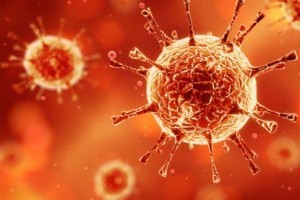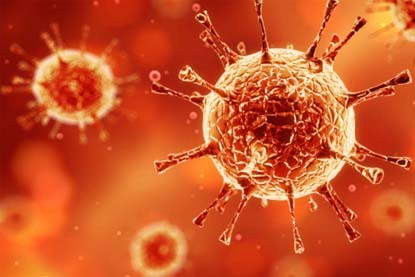
Food allergies are serious medical conditions affecting up to 15 million people in the United States, including one in 13 children, according to the organization Food Allergy Research & Education (FARE). Some states, including Michigan and North Carolina, require schools to be equipped with emergency EpiPens to respond to serious allergies in their students. In the new study, published in Proceedings of the National Academy of Sciences, a team of researchers from the University of Chicago Medicine and Biological Sciences studied food allergy triggers in mice. They exposed germ-free mice (born and raised in sterile conditions to have no native gut bacteria) and mice treated with antibiotics as newborns (which significantly reduces gut bacteria) to peanut allergens. Both groups of mice displayed a strong immune system response, producing significantly higher levels of antibodies to fight the peanut allergens than mice with a normal population of gut bacteria.
It varies from person to person based on factors such as diet, lifestyle, health history, geographic location, and even ancestry. Your microbiome is in fact one of the most complex ecosystems on the planet.
Allergies are on the Rise Across the Western World
Food allergies affect some 15 million Americans, including one in 13 children. Disturbing statistics also point out that potentially deadly food allergies are on the rise. For example, between 1997 and 2011 alone, food allergies in children rose by 50 percent!
Inner-city kids are at greatest risk. In one study, 10 percent of children raised in large cities developed a food allergy before the age of five. Twenty-nine percent developed food sensitivity. The most common food allergy was peanuts (6 percent), followed by eggs (4.3 percent), and pasteurized milk (2.7 percent).
City dwellers also have a heightened risk of asthma and other environmental allergies. Similarly, in Great Britain one in three people is …
The presence of Clostridia, a common class of gut bacteria, protects against food allergies, a new study in mice finds. The discovery points toward probiotic therapies for this so-far untreatable condition. Food allergies affect 15 million Americans, including one in 13 children, who live with this potentially life-threatening disease that currently has no cure, researchers note.
![]() Please Read this Article at Articles.Mercola.com
Please Read this Article at Articles.Mercola.com





Leave a Reply